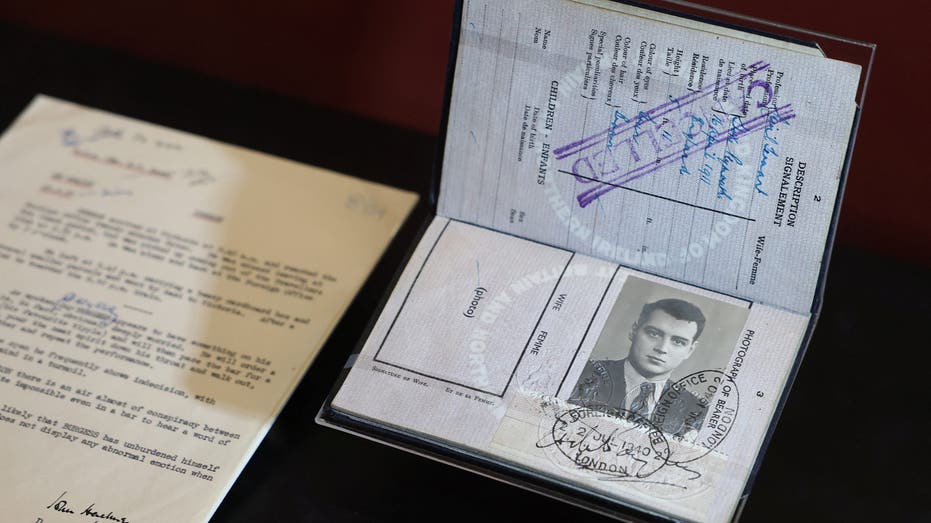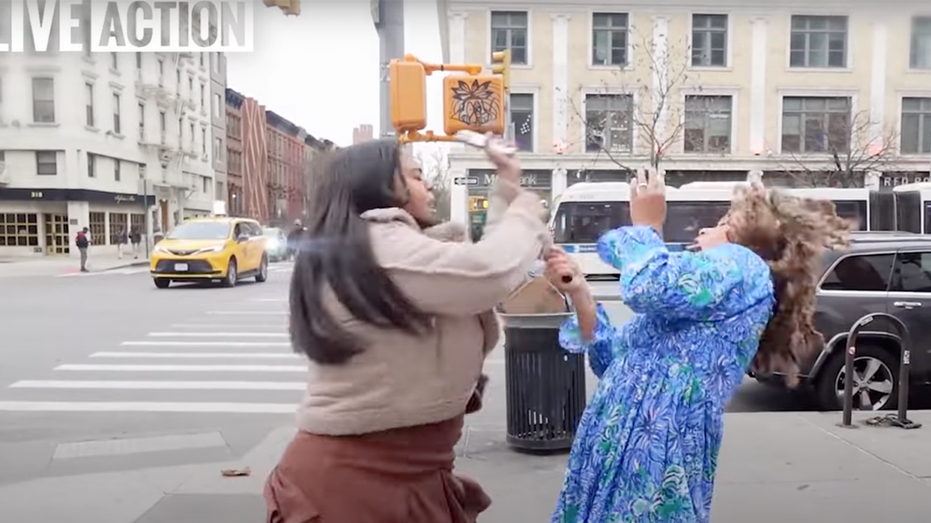- by foxnews
- 05 Apr 2025
Popular travel scams and safety warnings you need to know before taking vacation
Here are vacation scams and travel safety tips you need to know about before booking your next getaway. Travel industry experts share advice about "Do Not Travel" lists and more.

Travelers beware: From vacation scams to insurance to personal safety, a few key considerations can make or break a big trip, according to industry experts.
Here are four things to keep in mind as you plan your next vacation.
If a vacation package or a time-share deal sounds too good to be true, it probably is.
A significant number of people become victims of vacation package scams each year - with more than 55,000 travel scams resulting in losses of over $122 million in 2023, according to Federal Trade Commission data.
While fake websites and AI can create anonymous internet scams, some are executed by bad actors posing as professionals ready to take your money in exchange for the perfect trip.
Richter said travel agent jobs project 3% growth every year from now until 2032, according to the Bureau of Labor Statistics.
In December, an Atlanta-based travel agent was arrested for making alleged sham travel arrangements for George Mason University's men's basketball team after receiving over $100,000, according to the United States' Attorney's Office.
"Make sure you're working with a verified travel advisor," she said, adding that travelers can try verivacation.com, which shows certifications for travel advisors.
Terrorism, political instability, civil unrest and even environmental factors are constantly altering the landscape for travelers.
In many countries currently on the State Department's "Do Not Travel" list, the U.S. government has limited ability to assist citizens who have been wrongfully detailed or who are in trouble.
Every country has a Travel Advisory, issued by the State Department, ranging from Levels 1-4.
"The level assigned to a country in the travel advisory is based on established risk indicators such as crime, civil unrest and other potential risks," the spokesperson said.
"We routinely update our advisories to reflect the most current conditions on the ground."
Travelers can get all the facts on a particular country by visiting travel.state.gov.
Richter also advises considering your risk tolerance before booking a trip, including who you are traveling with.
Take into consideration that when reading a country's travel advisory, sometimes it is certain areas that are deemed unsafe, Richter said.
"When you're looking at all of the State Department data, are you looking at it holistically or by region?" she said.
Citizens traveling overseas can enroll in the State Department's Smart Traveler Enrollment Program (STEP.state.gov) to get alerts and other information from the U.S. embassy while abroad and also to enable the U.S. embassy to reach you in an emergency.
Finding out the answer before you travel should be a top priority.
"Most health plans would not," Thomas Stefaniak, executive director of the United States Travel Insurance Association, located in Maryland, told Fox News Digital.
"If you got seriously ill or needed an emergency procedure or a surgery overseas, most U.S. health plans do not cover those internationally," Stefaniak said.
Checking the travel insurance box on the front end is a way to cover costly expenses that arise unexpectedly - medical and other - that might otherwise be unaffordable or unattainable in a pinch.
Trip cancellations, air travel delays resulting in missed connections, lost bags and medical expenses like sickness, accident or even death are all items that can be covered in a travel insurance policy, Stefaniak said.
Stefaniak said compared to the cost of some trips, adding insurance is a nominal fee.
"A base plan might cost between $250 to $500 or so dollars," he said.
"If you're booking a $5,000 or $6,000 trip, a $400 or $500 expense is still a very good peace of mind to have in place."
The cost is also based on the level of coverage you need.
"If you're doing things like rock climbing, that might not be covered in a traditional plan," Stefaniak said. "It might be something you want to add on to the policy."
Stefaniak said many travel insurance providers have apps that can provide extra support and travel information to subscribers.
"So many people are increasingly traveling alone that you want to make sure that the places that you explore and have dinner at are very, very safe."
Many of the plans offer 24-hour assistance.
"Say you're on the other side of the world and you need to get a hold of the carrier, [then] you can get the help you need for whatever you're experiencing," he said.
Richter said she tells travelers that protecting a trip is protecting an investment.
The number of data compromises in 2023 increased by 78% compared to the previous year, according to an Annual Data Breach Report published by the Identity Theft Resource Center.
When people are on vacation, they are often more vulnerable to an attack on their personal data due to using public Wi-Fi networks and exposure to a tactic called "juice jerking" where thieves install malware through basic USB charging stations and use it to steal information.
"Take the necessary precautions to protect yourself," she said. "Nothing is foolproof."
One of the top ways data is breached is through password protection, or lack thereof.
A VPN is a technology that creates a secure, encrypted connection over the internet that masks your IP address and protects your online activity.
This way you can browse the web more securely, especially on public Wi-Fi networks.
But once your password is compromised, even a VPN can't protect your data.
Richter suggested traveling with battery packs, so you're not plugging your phone in at airports.
"You want to be careful with the Wi-Fi networks that you're joining, too. There's a portable Wi-Fi device that provides not only a level of safety and security but also helps if you happen to be somewhere where there's no Wi-Fi."
- by foxnews
- descember 09, 2016
Excavation near site where Jesus was crucified and buried results in ancient discovery
Proof of ancient olive trees and grapevines, consistent with a Bible verse, has been found at the Church of the Holy Sepulchre in Jerusalem, an archaeologist confirms.
read more




